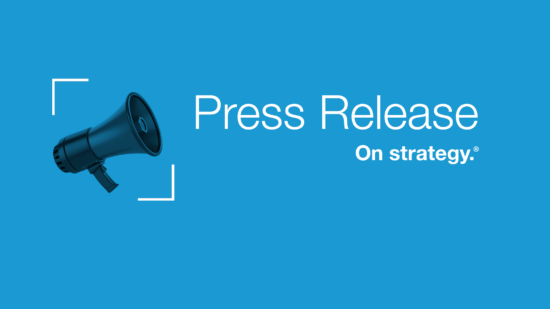
Family wealth planning is vital for smooth generational asset transfer, with open dialog and strategies like ethical wills to preserve legacy and prepare heirs.
Family wealth planning is a critical aspect of financial management that ensures the smooth transfer of assets from one generation to the next. However, it can be a complex and emotive process. Here are some key strategies to help you navigate family wealth planning successfully.
According to a study by Cerulli, more than $68 trillion will transfer between generations over the next 25 years. This transfer has significant implications for both consumers and financial advisors. For consumers, it provides a unique opportunity to improve their financial situation or achieve financial independence. For financial advisors, it offers a chance to differentiate themselves by providing expert guidance on wealth transfer.
Common Barriers to Wealth Transfer Discussions
Despite the importance of family wealth planning, many wealth holders are reluctant to discuss their plans for inheritance. This reluctance can stem from several factors:
- Fear of Death: It’s human nature to avoid discussing death. Many people believe that avoiding the topic will somehow prevent it from happening.
- Concerns About Heirs’ Motivation: Wealth holders often worry that knowledge of future inheritance will affect their heirs’ motivation and productivity.
- Lack of Trust: There is a general lack of trust in how heirs will handle the inherited wealth.
Why Discuss Inheritance Plans?
Discussing inheritance plans is crucial for several reasons:
- Preparation: Preparing heirs for the wealth transfer helps them understand the assets, where they are located, and who to contact in case of emergencies.
- Avoiding Resentment: If wealth holders keep their plans secret, heirs may feel resentful and overwhelmed when they have to manage the inheritance while grieving.
- Legacy Preservation: Wealth transfer represents a family’s legacy. Sharing the story behind the wealth can help build trust and ensure the legacy is preserved.
- Financial Literacy: Many heirs lack financial literacy. Discussing inheritance plans can help them become more knowledgeable about investments and finances.
How to Begin the Discussion
Starting the conversation about inheritance can be challenging. Here are some steps to make the process smoother:
- Create Your Story: Reflect on your philosophy of money, including your beliefs about saving, giving, and investing. Share this philosophy with your heirs.
- Use an Ethical Will: An ethical will, also known as a family legacy letter, is a non-legal document that helps you communicate your values, beliefs, and life stories. It differs from a traditional will, which focuses on material possessions.
- Educate Your Heirs: Work with a financial advisor to create a plan that educates your heirs about the wealth transfer process. This can include financial literacy training.
The Role of an Ethical Will
An ethical will is a powerful tool for communicating your values and beliefs. It helps your heirs understand the story behind the wealth and the philosophy that guided your financial decisions. Unlike a legal will, an ethical will is not a binding document but rather a letter that shares your life story and the values you want to pass on.
Conclusion
Successful family wealth planning requires open communication and careful preparation. By discussing your inheritance plans, creating an ethical will, and educating your heirs, you can help ensure a smooth and meaningful transfer of wealth. Consult with a financial advisor to navigate the complexities and make informed decisions that align with your values and legacy.
Discover more about:
More Insights

Tariffs, Stagflation, and the Fed: A Spotlight on Investors’ Most Pressing Questions

How We Invest: Active by Nature. Disciplined by Design.

Thornburg Income Builder Opportunities Trust Announces Distribution

Investment Perspectives from the Road: The UAE

Investor Update: A Potential Reprieve for the Municipal Bond Tax Exemption
